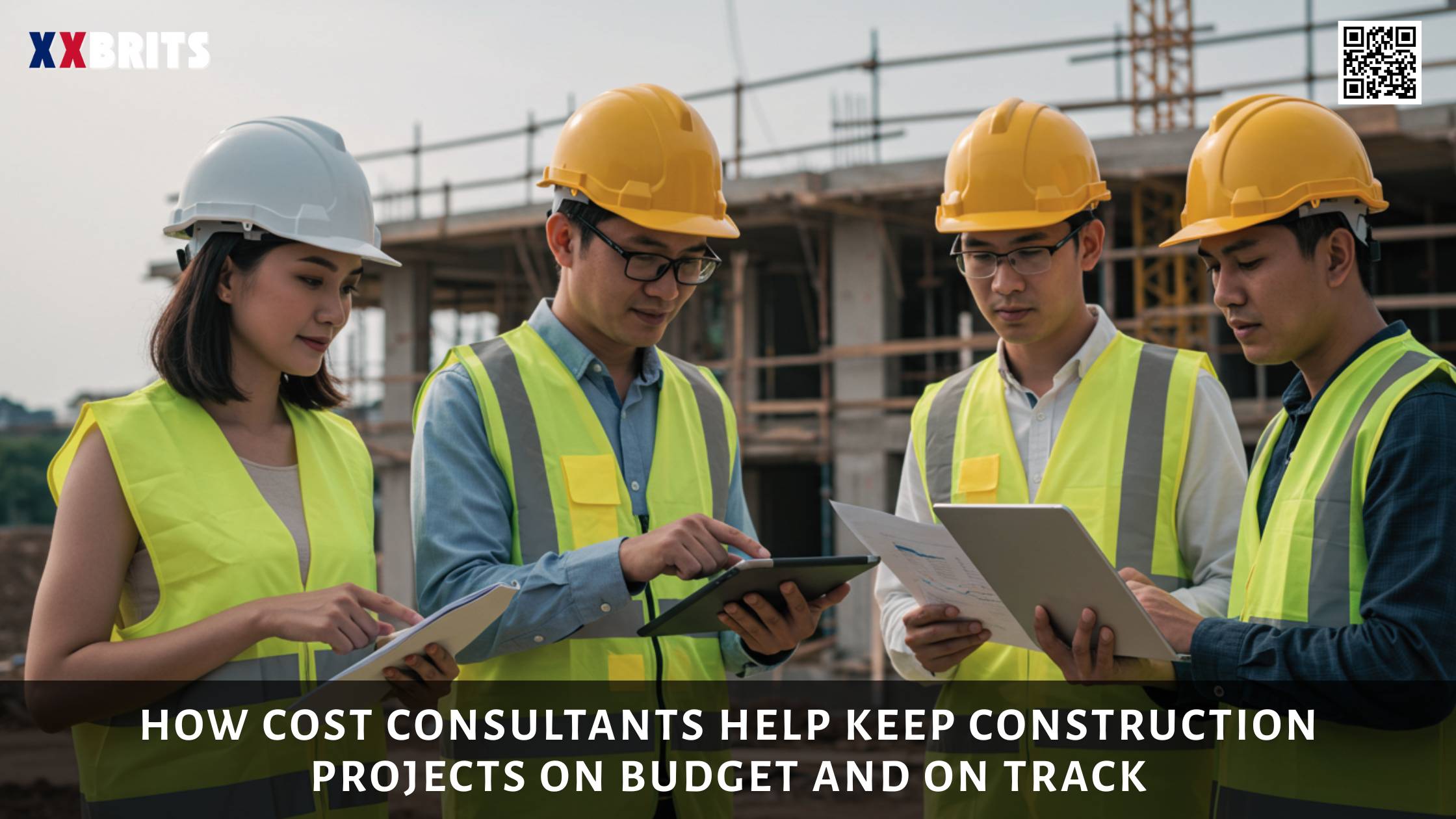How Cost Consultants Help Keep Construction Projects on Budget and On Track
Strategic Support from the Ground Up
Before a single brick is laid or foundation poured, cost consultants begin shaping a project’s financial landscape. Their role extends far beyond tallying figures or issuing estimates. They blend commercial acumen with industry insight, giving stakeholders a robust foundation on which to build. By scrutinising plans, interrogating procurement strategies, and clarifying scope early, they reduce financial uncertainty before it even arises.

What Construction Cost Consultancy Actually Delivers
Engaging a construction cost consultancy early in the process equips developers and contractors with granular clarity. These professionals analyse every aspect of expenditure — from materials and labour to logistics and compliance — to ensure that initial budgets align with current market rates and realistic deliverables. Whether overseeing a large-scale infrastructure project or a boutique commercial development, they act as fiscal navigators who anticipate and counteract costly surprises.
Forecasting That Goes Beyond Guesswork
Rather than relying on generic percentage buffers, cost consultants create detailed forecasts based on empirical data and historical trends. This level of financial modelling doesn’t just outline expected costs — it frames them within live market dynamics, flagging inflation risks or supply chain bottlenecks before they skew timelines or deplete reserves. Stakeholders gain clarity, not just figures.
Value Engineering Without Compromising Quality
When budgets face pressure, trimming expenses without damaging the build is essential. Cost consultants specialise in value engineering — a disciplined process where functions are examined against alternatives to enhance value. This doesn’t mean settling for cheaper finishes or cutting corners. Instead, it’s about rethinking systems and specifications to preserve performance and intent while adjusting the price point.
Benchmarking: Data-Driven Perspective
One of the more underappreciated tools in a consultant’s toolkit is benchmarking. By comparing a current scheme with similar completed projects, consultants offer insights into efficiency, cost-per-square-metre norms, and anticipated overruns. This comparative analysis gives clients confidence in their own numbers and exposes gaps that spreadsheets alone may not reveal.
Risk Assessment That Anticipates the Unexpected
Unseen risks don’t wait for planning meetings. From adverse weather to labour disputes or currency fluctuations, unexpected events can erode even the most tightly controlled budget. Cost consultants anticipate these variables by conducting risk assessments that assign probabilities and financial impacts to different scenarios. Contingency plans are then designed not just to absorb shocks, but to pivot and adapt in real time.
Keeping the Contractual Framework Tight
Throughout the lifecycle of a build, financial discipline depends heavily on robust contract management. Consultants ensure that procurement agreements, subcontractor packages, and variation clauses are watertight and fair. By overseeing contract administration, they also minimise disputes and streamline payment cycles — keeping cash flow predictable and projects moving forward.
Communication as a Form of Control
It’s easy to overlook the role that clear reporting plays in project stability. Cost consultants translate complex financial data into practical insights for non-specialist stakeholders. From board-level summaries to technical cost reports, their communication ensures that decisions are based on current realities, not assumptions.
The Bridge Between Design and Delivery
Construction projects often evolve midstream — changes to the design, shifts in the planning consent, or innovations in materials can disrupt even the best-laid budgets. Cost consultants operate as a bridge between creative ambition and operational execution, ensuring every change is weighed financially before implementation.
Financial Oversight That Adds Lasting Value
Projects that are completed on time and within budget rarely get there by chance. The presence of an experienced cost consultant often makes the difference between a smooth build and a spiralling overspend. Through continuous financial stewardship — from design through delivery — they protect investment, improve outcomes, and enable better buildings to rise from stronger financial foundations.






